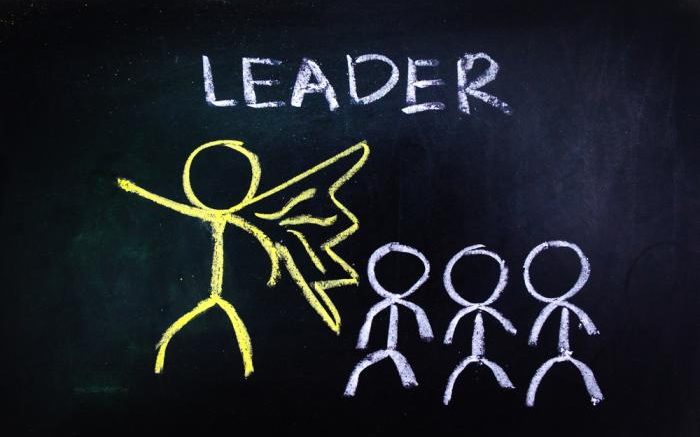I have had many instances of working with people who tend to find fault with their colleagues, bosses, environment, and the world but they refuse to look inwards and into themselves. A lot of them also constantly crib about their weaknesses and their luck and tend to emphasise on what is not working and why the others are to blame. This is a toxic tendency to indulge in.
Strong leadership comes when you consciously decide to not put yourself front and centre and remove the ego out of the equation. Maturity brings in the angle of being evolved and above the petty politics of power.
Maturity is not at all about the age of a person, their number of years of experience or their expertise or skillsets or what they portray but it is way beyond these. Yes, skills and attitude, background and upbringing, knowledge and exposure are all factors that add to maturity, but at the core, it is about the value systems that you hold. When you link maturity to values, the values you will see reflect as a measure of maturity are honesty, respect, the ability to build trust, humility, and loyalty.
In many cases, if honesty is compromised, the company is impacted and so are the teams and other leaders and this leads to detrimental situations for everyone involved.
Mature leaders display some or all the following traits:
- Clarity and conviction
- Sharp focus and commitment
- The ability to sail through all that is volatile, uncertain, complex, and ambiguous (VUCA)
- Strong understanding of people and culture
- An understanding of change and transformation
- Deep expertise and the ability to chase a vision
- Empathy and the drive to empower their teams
- Zeal and courage to do what is right both by the organisation and by their teams
A higher level of maturity comes in when you have a keen understanding of yourself and the way you behave and operate. It also needs temperance and an insight into the self and the strengths and weaknesses.
There is a direct link to who you are within and the way you behave with yourself, those around you and the world you are in. Emotions if not kept in check can derail careers.
To build maturity into your leadership style, you must spend time, invest energy and effort in understanding yourself and reach a space of emotional comfort with your life and what is happening to you. Also, it’s very important to separate the personal and professional world so that one does not influence or impact the other. It is easier said than done, but with concerted efforts, it can be made to happen.
Mature leaders do not take offence or get defensive when they are given feedback. They imbibe it and work towards getting themselves and their teams on a track to correction and success and will know to navigate the route, however tough the going may get.
Mature individuals are aware of themselves and their space in the world and are keen to ask questions first and speak later… They can gauge and understand the context of the other person, as in, they can put themselves in other people’s shoes. They are willing to accept mistakes and shortcomings and work on them and at the same time ask for help or assistance when they need it. The ability to be vulnerable yet strong becomes their strength as a leader to carry forward what is expected from them.
This reminds me of the quote by Jim Rohn, “Maturity is the ability to reap without apology and not complain when things do not go well.”
The views and opinions published here belong to the author and do not necessarily reflect the views and opinions of the publisher.



Be the first to comment on "Look inwards for maturity"